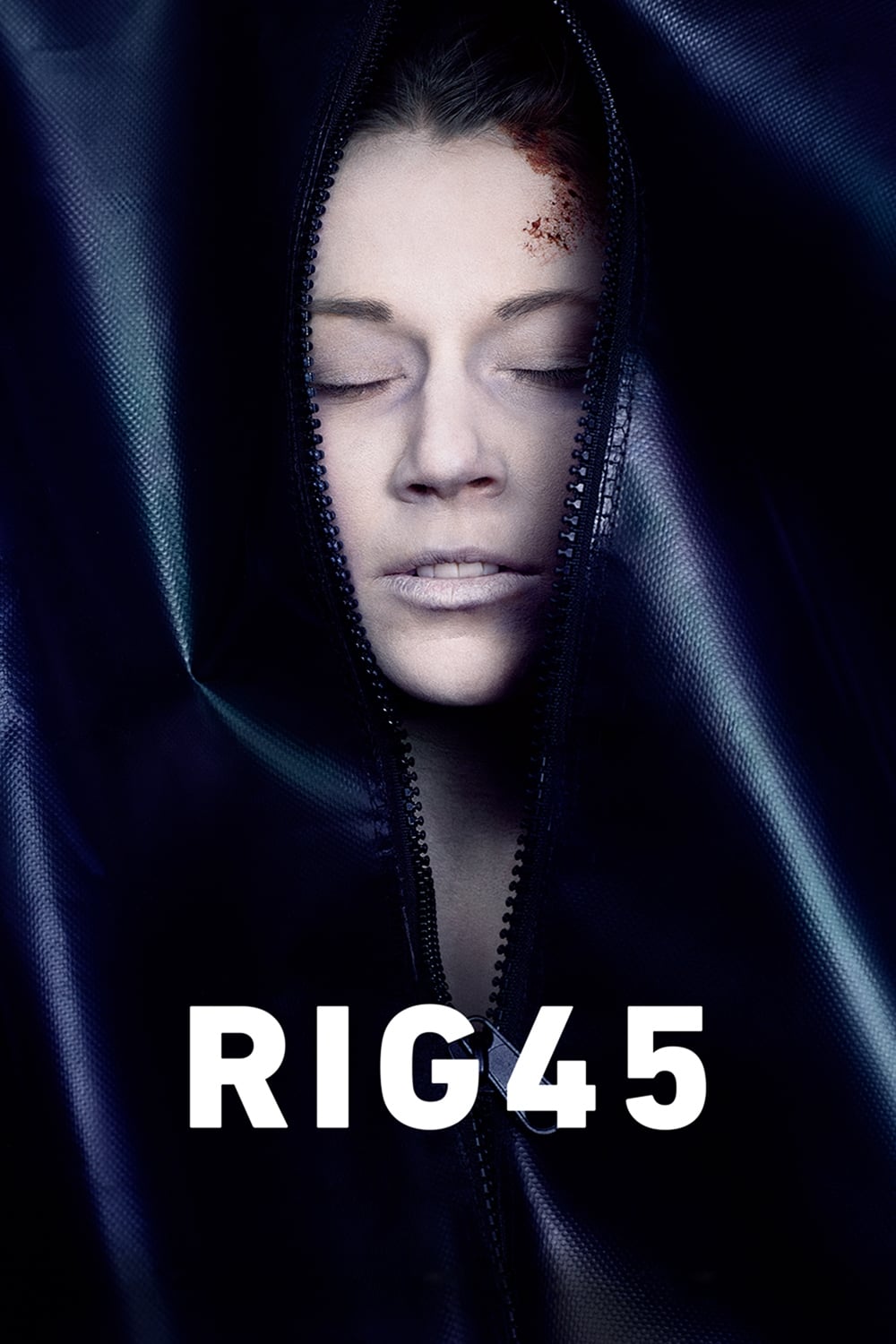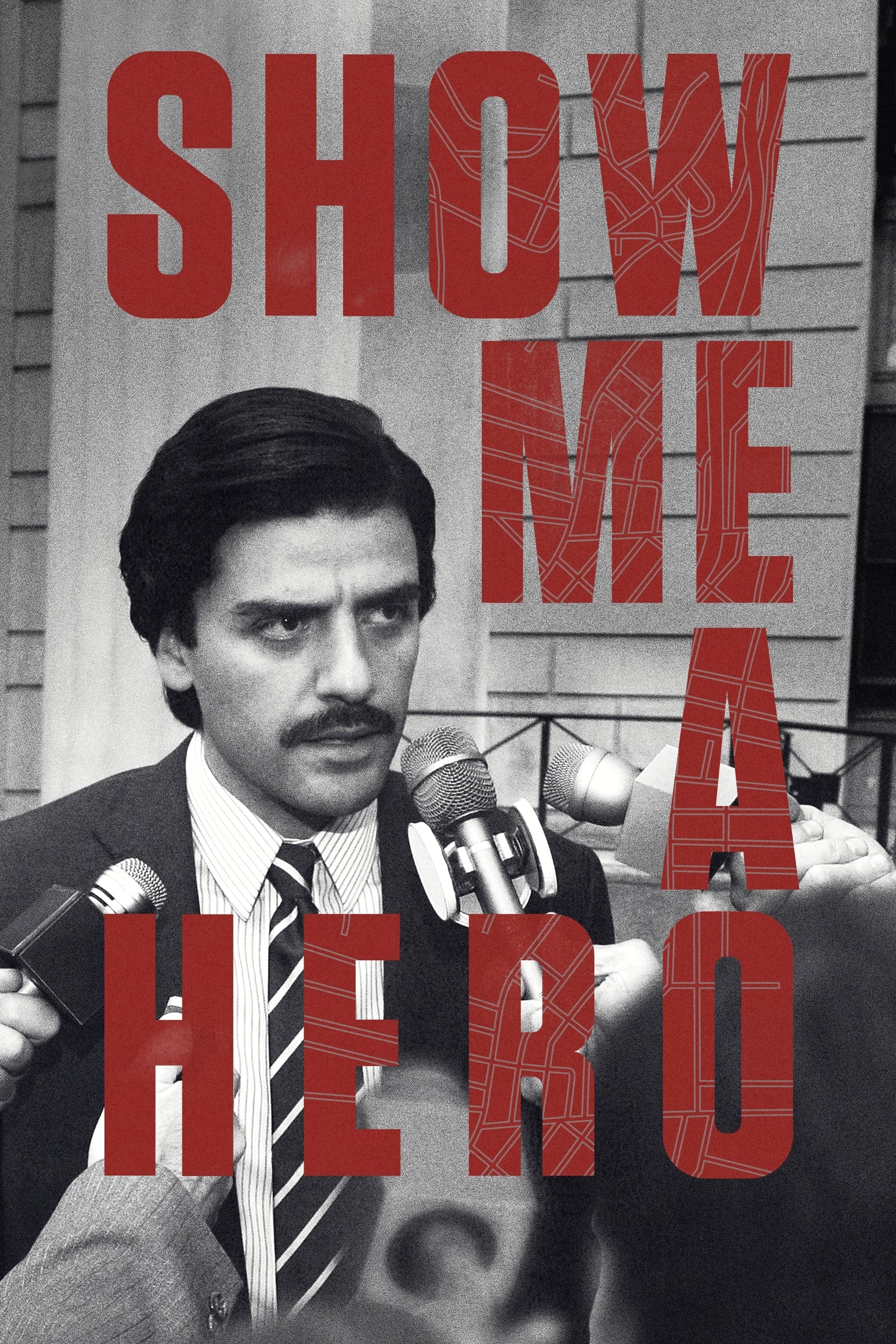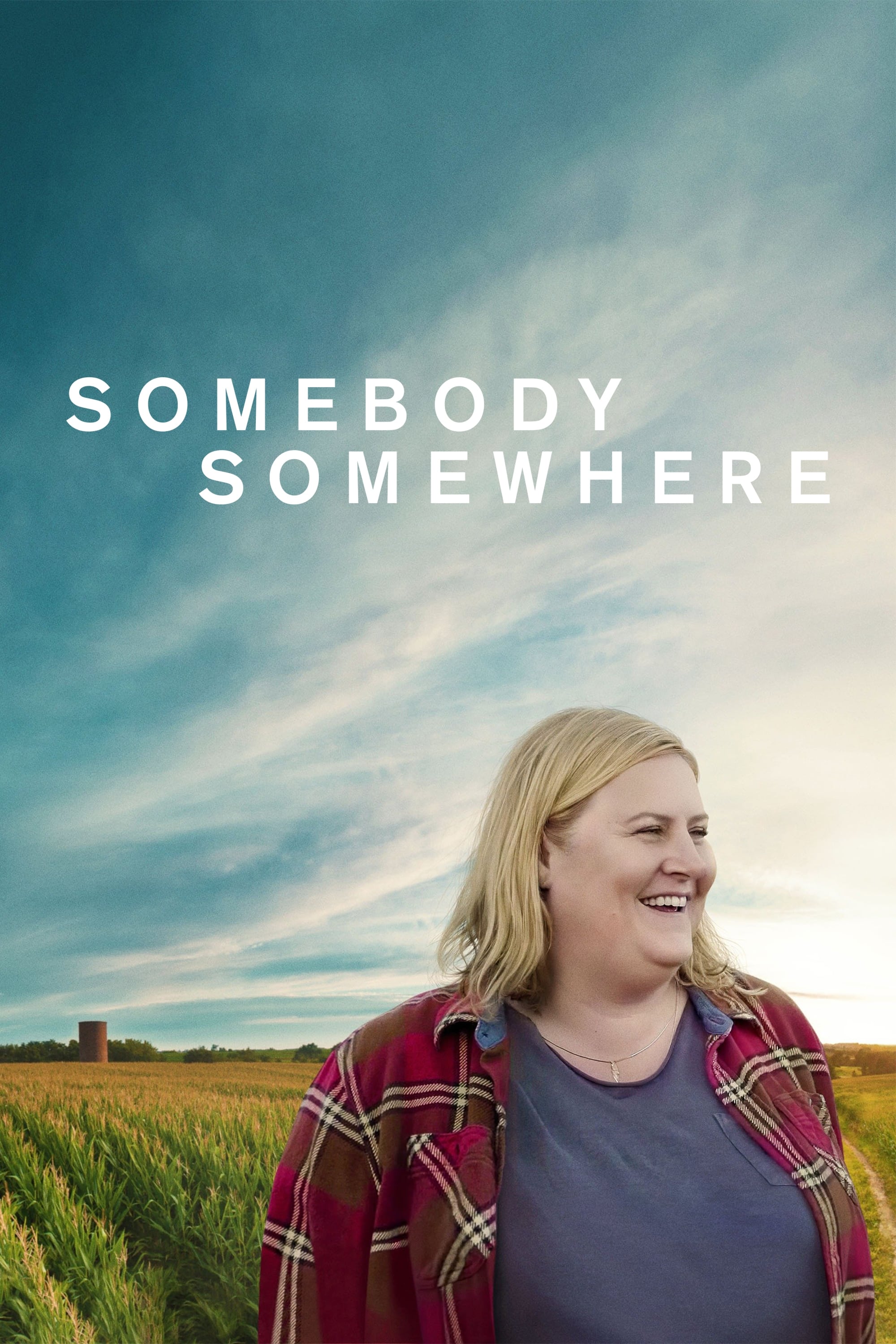
Hans Abrahamsen – Let Me Tell You – Barbara Hannigan, Symphonieorchester des Bayerischen Rundfunks, Andris Nelsons (2016)
FLAC (tracks) 24 bit/48 kHz | Time – 32:42 minutes | 330 MB | Genre: Classical
Studio Master, Official Digital Download – Source: Q0buz | Digital booklet | © Winter & Winter
Composed in 2012-13, »let me tell« you is a half-hour dramatic monologue, voiced by a character who requires us to hear her. That character is not quite the Ophelia of Shakespeare’s Hamlet. She has the same words, her entire text being made up from words Ophelia speaks in the play, but she uses these words in different ways, and certainly to express herself differently.
She tells us of things to which there is little or no reference in the play, such as the nature of memory, or ‘a time…when we had no music’, or an explosive experience of love. And where Shakespeare’s Ophelia descends into madness and watery death, the protagonist of let me tell you comes to a different conclusion.
The words with which she has to recount her story – Ophelia’s words – are barely adequate to her, but she has to make them serve, and she does. Her utterance is at once constrained and resolute, fragile and decisive, and its nature is realized at the opening by an adaptation of a technique used by Monteverdi, of rebounding on one note. What was an ornament four hundred years ago becomes for her the means by which she can be at once hesitant and assertive.
Her entry into the piece comes early, but only after she has been summoned into a magical soundscape of piccolos, violin harmonics and celesta. The music – and this is true of the whole work – is at once familiar and strange, for the language of traditional tonality is present but fractured into new configurations. A high degree of consonance is coupled with harmonic states and progressions we have not heard before; the sense of a recognizable key comes only fleetingly; and melody here casts back to an ancient time of folk song – rather as Ophelia does in her derangement, or as Gertrude does in speaking of Ophelia’s drowning, when, drifting down the stream, she ‘chanted snatches of old tunes’.
There is familiarity and strangeness, too, in the rhythm. Generally the pulse is clear – it is picked out at the start in oscillating octaves from the celesta, passing later to other instruments – but the position of the strong beat is ambiguous. Time here simultaneously ticks and floats.
Such music, beginning right away, not only prepares the protagonist’s world but also foreshadows a crucial melodic element, to be associated with her words ‘Let me tell you’. These words come three times in the piece, defining its three parts, the first recollective, the second set in the present, the third carrying a promise of what will happen in the future.
Having stated the inadequacy of words, the protagonist goes on, in two further songs, to wonder about the reliability of memory before she comes to a specific recollection – ‘in limping time’, as the score has it – of that time without music. This makes her ponder on how music shifts and changes time, and we recognize that this music is doing so.
It achieves that at the opening of the second part by replaying and altering the opening of the first, to make a short introduction to the climactic fifth song, which plunges into the delirium of love.
The last part has an even shorter introduction, again going back to the beginning and taking it further, before arriving at the slow finale, marked adagissimo. Now microtonal tunings fold into the texture and, being derived from natural harmonics, begin to reroot the music in a glistening new world of resonance. We are in the snow, in a white landscape where the erasure of detail and contour is the renewal of possibility.
Ophelia is one of those imaginary figures whose existence goes on beyond the work that gave them birth. She has appeared in paintings and in novels, including the one, also called let me tell you, that was the source for this piece. Now she speaks again through a performer on stage, in a mode that is intimate and demands attention. Her words come back to her transformed, and she has gained, as she herself might say, ‘the powers of music’. –Paul Griffiths
Tracklist:
Hans Abrahamsen (b.1952)
Let Me Tell You for soprano and orchestra (Text by Paul Griffiths)
Pt. I
1 Let Me Tell You How It Was 03:50
2 O but Memory Is Not One but Many 02:51
3 There Was a Time, I Remember 06:00
Pt. II
4 Let Me Tell You How It Is 02:03
5 Now I Do Not Mind 06:14
Pt. III
6 I Know You Are There 01:01
7 I Will Go out Now 10:43
Personnel:
Barbara Hannigan, soprano
Symphonieorchester des Bayerischen Rundfunks
Andris Nelsons, conductor
Download:



























![Emerson String Quartet, Barbara Hannigan, Bertrand Chamayou – Infinite Voyage (2023) [Official Digital Download 24bit/96kHz]](https://imghd.xyz/images/2023/09/21/wdyznedeclj7b_600.jpg)
![Ludwig Orchestra, Barbara Hannigan – Dance With Me (2022) [Official Digital Download 24bit/96kHz]](https://imghd.xyz/images/2022/03/31/hysg53ubfkvkc_600.jpg)
![Barbara Hannigan, Raoul Steffani, Camerata RCO, Rolf Verbeek – Sehnsucht (Live in Rotterdam) (2022) [Official Digital Download 24bit/96kHz]](https://imghd.xyz/images/2022/11/20/g16hgfuhe73ka_600.jpg)
![Barbara Hannigan, Reinbert de Leeuw – Vienna: Fin de Siècle (2018) [Official Digital Download 24bit/96kHz]](https://imghd.xyz/images/2022/08/23/hd3lh16wh8jhb_600.jpg)
![Barbara Hannigan – La Passione: Nono, Haydn & Grisey (2020) [Official Digital Download 24bit/44,1kHz]](https://imghd.xyz/images/2022/08/23/rh1tudzc35sqb_600.jpg)